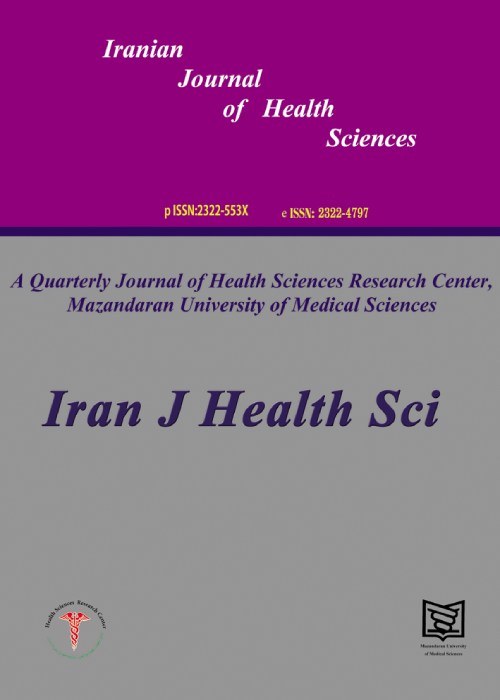Emigration-related Attitudes of Students of Health Studies in Bosnia and Herzegovina
Improper distribution of health workers is a worldwide problem, especially in developing countries. The shortage of health personnel has been intensified over the past two decades as a result of the emigration of health workers from developing countries to developed ones and disparities between urban and rural regions.
This cross-sectional, quantitative, and descriptive study was conducted at the University of Sarajevo, Faculty of Health Studies, for two months. The study included 203 3rd-year and 4th-year undergraduate students of all study programs. The chi-square test was used to examine the difference between students’ attitudes about leaving according to gender, grade point, foreign language learning, and high school graduation, as well as different statements of intention to leave or stay.
Of 203 respondents, 49(24.1%) were male and 154(75.9%) were female. Thirty-four students (16.75%) stated their attitude towards the definitive departure. Also, 129 students (63.55%) were thinking about leaving after graduation, while 40 students (19.7%) wanted to continue their life in Bosnia and Herzegovina after their studies. Almost half of the female students (49.26%) and slightly more than half of the male students (14.28%) think about leaving after their studies, with a statistically significant difference between men and women who think about leaving and those who stay. The positive attitudes, which the students who are leaving, for the most part, agreed upon were the acquisition of life experience that their occupation profile was sought in other countries, and career development and professional development. The reasons why most students consider leaving the country after their studies are due to the attitude that their education and degree are more valued in other countries, higher living standards in other fields, and career development and professional development.
To prevent the migration of health students, retention policies are needed that target immigrant staff. These policies can be extremely important in preventing the problem of a lack of quality health staff in the near future.
- حق عضویت دریافتی صرف حمایت از نشریات عضو و نگهداری، تکمیل و توسعه مگیران میشود.
- پرداخت حق اشتراک و دانلود مقالات اجازه بازنشر آن در سایر رسانههای چاپی و دیجیتال را به کاربر نمیدهد.


